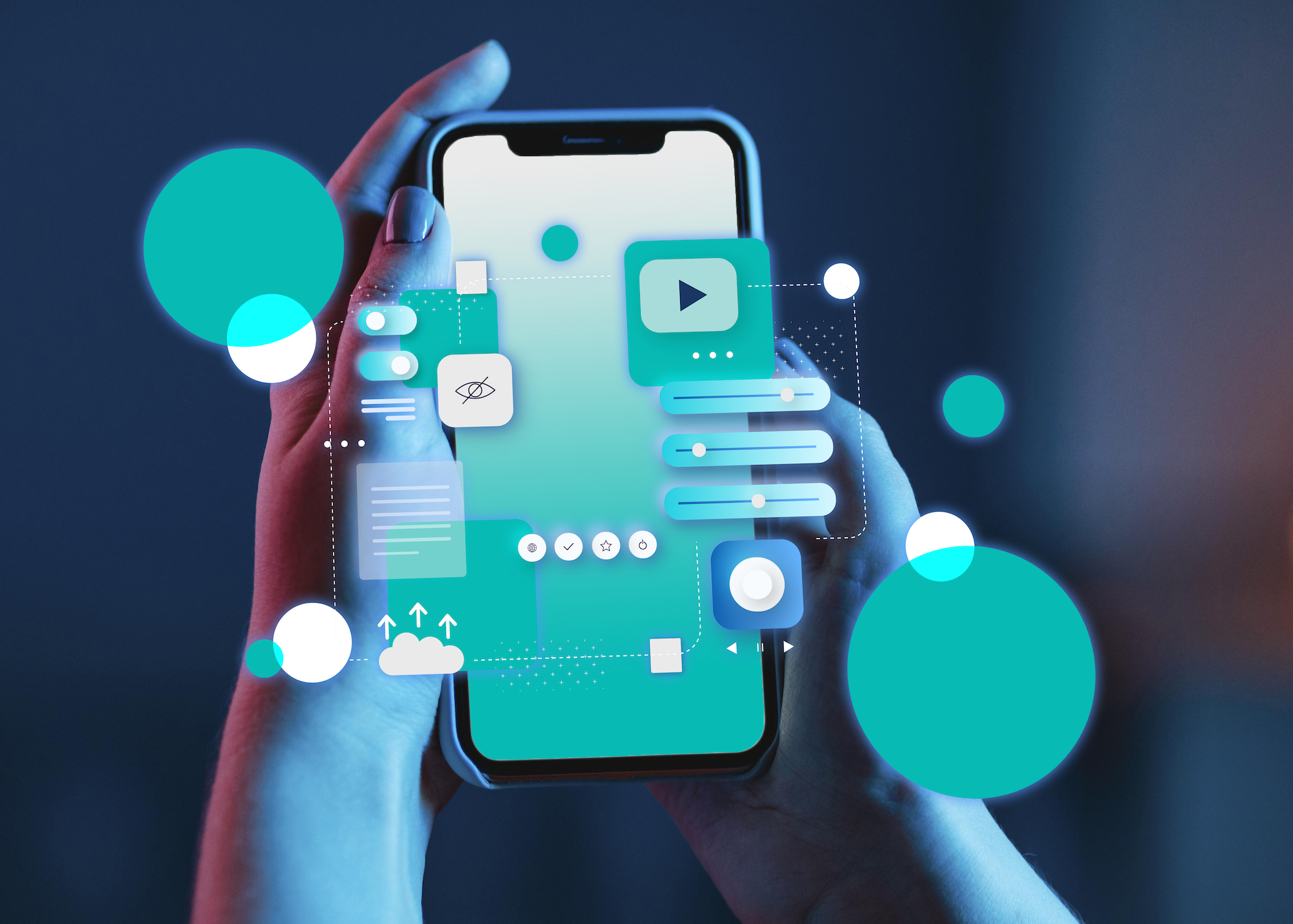Mobile health: a diversity of connected objects and applications for self-care
Today, it’s commonplace to find apps on our smartphones to track our physical condition, mental health, menstrual cycles or even measure our blood pressure. According to the French health authority (Haute Autorité de Santé), their number has increased sevenfold in just four years, from 100,000 to over 350,000. These apps promise to help us take care of our health and well-being, but are they really reliable, effective and secure? Three experts shed light on the subject.
A double advantage, but variable quality
According to Linda Cambon, co-leader of the Evidans scientific consortium at CHU Bordeaux, applications that encourage behavior change, such as smoking cessation or sports practice, offer a dual advantage: access to educational content and support groups, and a certain short-term effectiveness. Over time, however, motivation can fade, and the user is faced with the difficulty of maintaining these changes over the long term. What’s more, the quality of these applications varies enormously, some being based on proven techniques while others have no scientific or ethical basis. Unfortunately, there are no regulations or information strategies to distinguish between them. What’s more, some apps can cause anxiety or dependency, steer behavior in an unfavorable direction, or even replace professional medical care.
Finally, for Linda Cambon, it’s essential not to mistake the target. Indeed, behind the rhetoric of innovation, we mustn’t forget that responsibility for health-related behaviors lies first and foremost with individuals’ living conditions. Thus, prevention applications must not overshadow the real health issues, namely social determinants such as birth, living, working and ageing conditions, and their impact on social inequalities in health.
Applications for women’s health: ethical issues and the need for digital education
Catherine Vidal, neurobiologist and member of Inserm’s ethics committee, is particularly interested in applications dedicated to women’s health, also known as “Fem-Tech”. In her view, these apps for tracking menstrual cycles or fertility offer many advantages, such as convenience, free access and empowering women in the management of their reproductive health, particularly in countries where gynecologists are in short supply. However, an international study has called into question their reliability, particularly when it comes to predicting the date of ovulation. What’s more, the majority of these apps share users’ intimate data with third parties for commercial purposes, without their consent. Although the General Data Protection Regulation (GDPR) in Europe is supposed to protect personal data, most of these apps are not considered medical devices and therefore escape this regulation. Digital education programs are therefore urgently needed to enable women (and men) to assess the benefits and risks of these apps.
Applications validated and prescribed by healthcare professionals for effective monitoring
Boris Hansel, nutritionist and endocrinologist, and co-director of the Centre de responsabilité santé connectée at Bichat Claude-Bernard Hospital in Paris, stresses the importance of entrusting one’s health to applications that have been validated and prescribed by healthcare professionals. For example, apps for monitoring diabetes or heart failure are an integral part of the patient’s care pathway and have been medically evaluated. Similarly, behavioral and cognitive therapy applications to treat insomnia are currently undergoing medical evaluation for reimbursement. On the other hand, we advise against relying on apps that make dubious claims and offer advice that may interfere with medical treatment. For Boris Hansel, the effectiveness of a health app must be proven by clinical trials, as is the case for the Obécoach app, which is currently being evaluated in France.
Sources
This article has been adapted from content published by Inserm. Find the source article and all references on the Inserm website.

